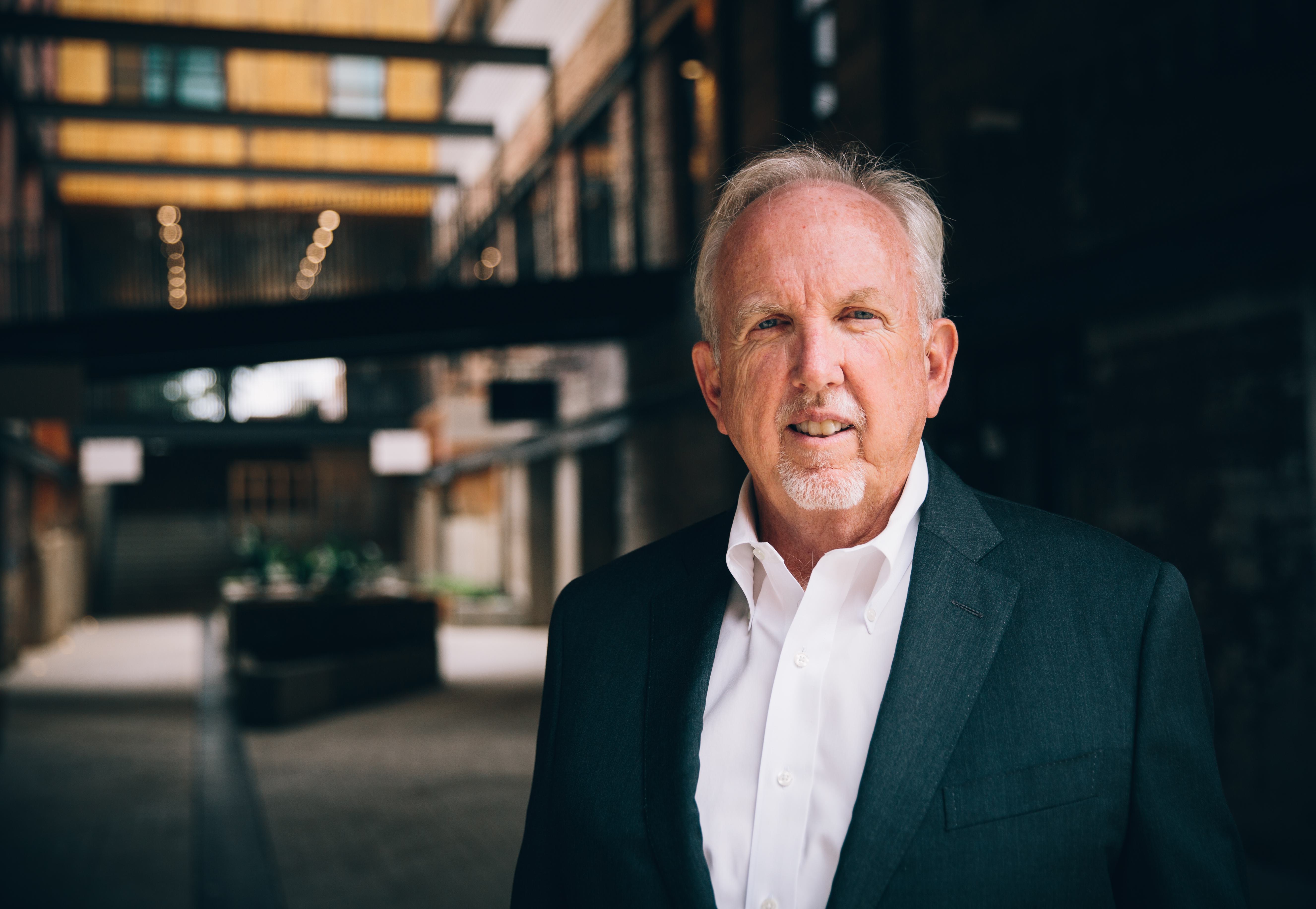If you watched the NCAA Tournament – and Monday night's game between Kansas and North Carolina was the most-viewed NCAA Men’s Championship Game ever on cable television with an average of 18.1 million viewers - then you also got your fill of AT&T commercials.
The one featuring now-former (and it felt funny to write that, after 42 years) Duke Coach Mike Krzyzewski was one of the best, particularly the long version of AT&T’s “Lily” interviewing Coach K for a job that ends with the Krzyzewski asking, incredulously, “You’re going to get back to me?” After the tagline, he finishes sounding equally incredulous with, “You mean I don’t have this job?”
But another one had a message to it that I’m almost surprised got in, given the cultural changes society seems to be going through.
The ad features NBA Rookie of the Year LeMelo Ball. The Charlotte Hornets’ player is in a supposed AT&T store and telling an AT&T salesman, “What's up, little man? I'm going to make this the regular. You know, come in every day, put in the work, put in the hours, and one day - that title will be mine."
"But you already have Rookie of the Year!" replies the salesman.
LaMelo, looking at a row of photos on the wall, answers: "Nah, Employee of the Week. I'm Lily now."
It’s supposed to be funny, kind of like the most successful college basketball coach of all time applying for a job managing an AT&T store. More likely, it was just another chance to grab some attention with a high-profile athlete showing up in a commercial.
Still, the message behind the obvious (selling AT&T products) was the essence of what used to be admirably called “The American Dream": showing up every day, working hard, putting in the hours, with a goal of being better than average, maybe of having your picture on the wall as “Employee of the Week” or even of being “NBA Rookie of the Year.”
But lately, it seems too many people want to reject that dream. They want to focus on the disparities that make achievement harder for some than others, on the obstacles that seem to keep some people from reaching their goals.
We hear demands of “equity” as opposed to “equality,", and despite sounding alike, the definitions are very different. Simply put – and maybe overly simple – “equality” means providing the same opportunity to all, while “equity” means recognizing that we do not all start from the same place and so we must provide the exact same resources in order to achieve an equal outcome.
Yet the stories we used to admire the most are of the people who started with nothing – or in some cases what seemed to be less than nothing – but overcame what they lacked through hard work and determination. Everything from Benjamin Franklin, whose family didn’t have money to educate him, to Walt Disney, who was reportedly fired from his first job for not having enough imagination or creativity. Oprah Winfrey was born in poverty in Mississippi; Frederick Douglas, as 1819 News columnist KCarl Smith likes to remind us, was born a slave, suffered violence and forced separation from his parents, but taught himself to read and eventually became world-famous as a leader of the abolitionist movement and proponent of individual achievement.
Despite what we hear and read, a 2019 American Enterprise Institute report found that the “American dream is alive and well for an overwhelming majority of Americans.” Of course, definitions of what that dream looks like varied, but the point was that “most Americans believe themselves to be achieving this version of the American dream, with 41% reporting that their families are already living the American dream and another 41% reporting that they are well on the way to doing so. Only 18% took the position that the American dream was out of reach for them.”
As Marie Curie, the first woman to win a Nobel Prize and the only woman to win it twice, once said, “Life is not easy for any of us. But what of that? We must have perseverance and above all confidence in ourselves. We must believe that we are gifted for something and that thing must be attained.”
Or, as Ball said, “You know, come in every day, put in the work, put in the hours …”
One advantage LeMelo Ball did have? More than athletic ability – because over the years I have seen athletes with tremendous natural ability who failed to achieve and seen weekend players on public courts in downtown Birmingham that were as physically talented as many NBA players but lacked the discipline or drive to make the dream happen – Ball also had something that became evident in the last line of this commercial.
Ball’s father, LaVar Ball, looks through the door of this fictional store and shouts, "There he is! There's nothing my son can't do!"
It helps when drive and determination find encouragement. It just might be enough to become “Employee of the Week".
Or even Rookie of the Year.
Ray Melick is Editor-in-Chief of 1819 News. The views and opinions expressed here are those of the author and do not necessarily reflect the policy or position of 1819 News. To comment, please send an email with your name and contact information to Commentary@1819News.com.










